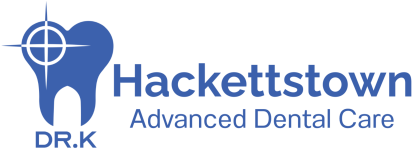Xerostomia or dry mouth, is a common, but sometimes overlooked, condition that is typically associated with inadequate function of the salivary glands.
Xerostomia affects 30% of patients older than 65 years and up to 40% of patients older than 80 years; this is primarily an adverse effect of medication(s), although it can also result from conditions such as diabetes, Alzheimer’s or Parkinson’s disease.
Dry mouth can cause difficulties in tasting, chewing, swallowing, speaking, halitosis (bad breath) and oral infections (thrush).
Dry mouth dramatically increases your risk of developing cavities.
Causes of Dry Mouth:
Autoimmune diseases such as Sjogren’s Syndrome
• Radiation treatment for head and neck cancer
• Medications which is the most common cause
This list includes:
• Allergy medications – especially antihistamines
• Blood Pressure medications – especially diuretics
• Ephedrine – Decongestants, Broncho-dilators and weight loss medications
• Anti-anxiety medications – especially Benzodiasepines
• Anti-depressant medications – such as Zoloft and Prozac
• GERD Medications – such as Prilosec and Zantac
• Cytotoxic Drugs – Chemo treatments
• Use of tobacco, alcohol, consumption of excessive caffeine or spicy food consumption
Xerostomia may improve with a new prescription or an adjustment of dosage.
Why is dry mouth bad?
1) Leads to more cavities because saliva normally neutralizes all of the acids in your mouth
2) Causes Halitosis, bad breath
Signs & Symptoms:
• A sticky, dry or burning feeling in the mouth
• Trouble chewing, swallowing, tasting, speaking
• Altered taste or intolerance for spicy, salty, or sour foods or drinks
• A dry or sore throat
• Cracked, peeling, or atrophic lips
• A dry rough tongue
• Mouth sores
• An infection in the mouth
• Halitosis (bad breath)
• Inability to retain dentures or otherwise poorly fitting removable prostheses
Solutions:
1) Drink plenty of water – Stay Hydrated
2) Chew sugar free gum – stimulates saliva production
3) Practice good oral hygiene – Floss & Brush
4) Use a fluoride rinse such as Act or Fluoroguard
5) Consider using a prescription toothpaste with a high fluoride content
6) OTC products such as Biotene and Colgate Dry Mouth Relief
7) Visit your dentist regularly
